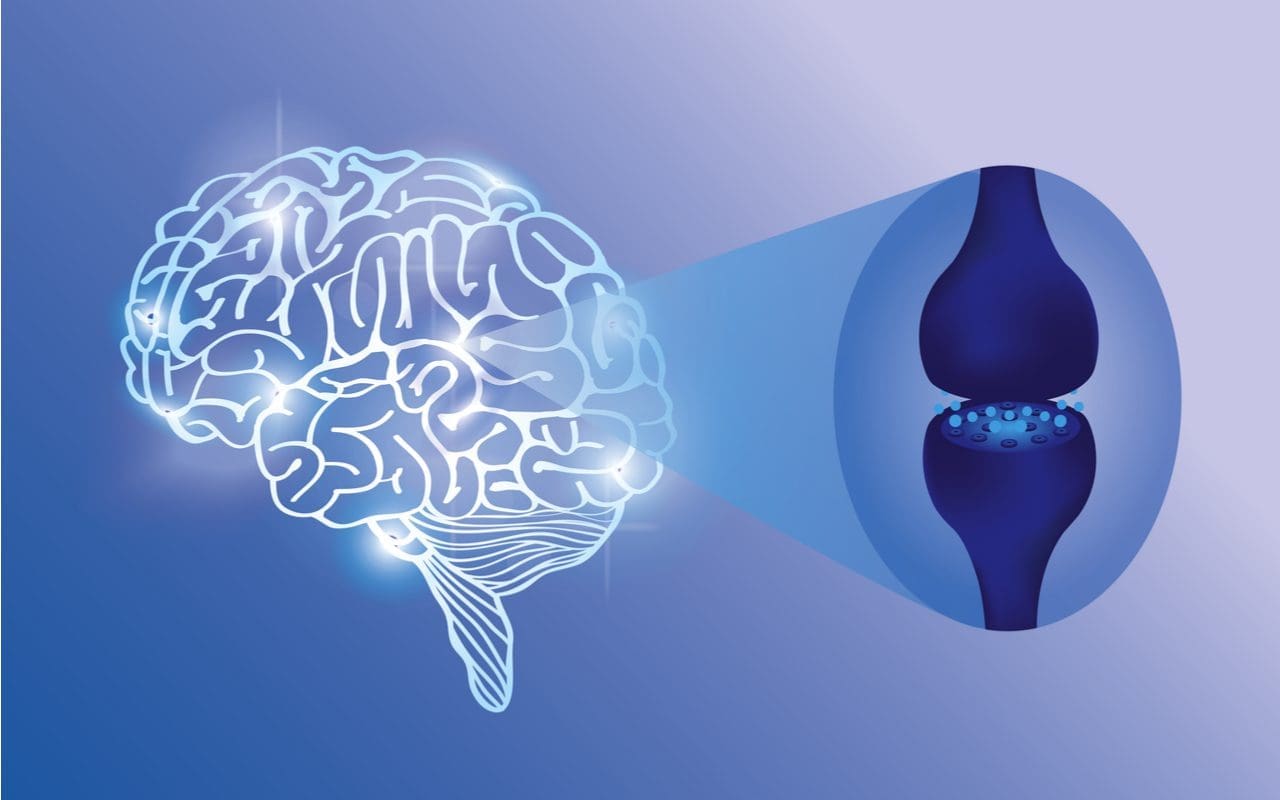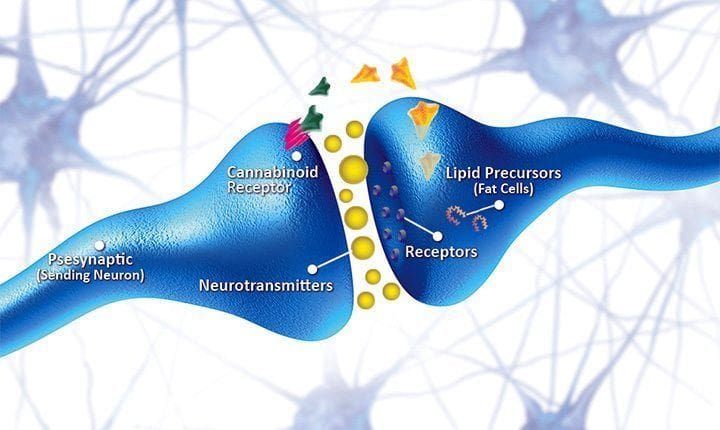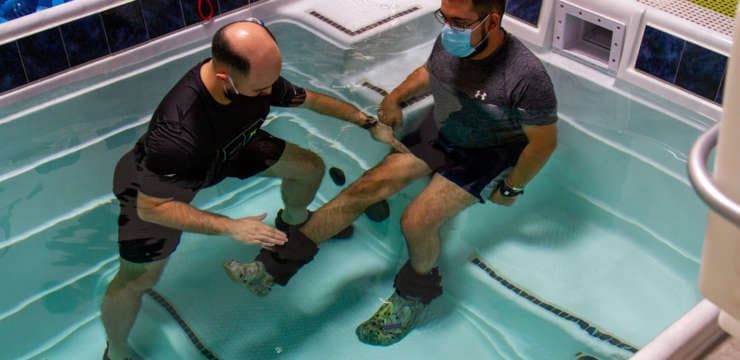
Table of Contents
Introduction
The central nervous system is home to the brain and spinal cord and its primary function are to send out neuron signals all throughout the body and make sure that the body is functioning properly. The neuron signals make sure that the body is feeling sensations whenever a person is touching something whether it be a pleasant experience or a painful experience or making sure the heart is beating regularly and the gut is properly digesting whatever it’s consuming. When there are unwanted pathogens that start to disrupt the neuron signals from traveling throughout the body and back to the brain, it can cause neurodegenerative disorders to come up in the brain and if it is not treated can lead to chronic disorders over time. There are ways to dampen the progression of neurodegenerative disorders as many individuals find ways to make small changes to their lifestyle by eating healthier food, exercising regularly, and even finding ways to relieve stress from their bodies. One of the ways to dampen neurodegenerative disorders is the usage of CBD and in this article, we will be taking a look at what the endocannabinoid system is, its functions, as well as, how CBD affects the brain and its neurological benefits. By referring patients to qualified and skilled providers who specialized in neurological services. To that end, and when appropriate, we advise our patients to refer to our associated medical providers based on their examination. We find that education is the key to asking valuable questions to our providers. Dr. Alex Jimenez DC provides this information as an educational service only. Disclaimer
Can my insurance cover it? Yes, in case you are uncertain here is the link to all the insurance providers we cover. If you have any questions, please call Dr. Jimenez at 915-850-0900.
What Is The Endocannabinoid System?
The brain’s main function is to transmit neuron signals all throughout the entire body. The endocannabinoid system does the same thing in the body but does it a bit differently. Research studies have shown that the endocannabinoid system actually helps regulate and controls the most critical bodily functions of the entire body. The endocannabinoid system is a vast, densely packed network of chemical signals and cell receptors that travel throughout the brain and body like neuron signals. Other studies have shown that the endocannabinoid system is a widespread neuromodulatory system that does play many important roles in the central nervous system development, synaptic plasticity, and endogenous response in the body.
The Functions Of The Endocannabinoid System
With the endocannabinoid system, the critical physiologic system is involved in establishing and maintaining human health and homeostasis for the body and the neurotransmitters. Some of the functions that the endocannabinoid system can affect lifestyle factors include diet, sleep, psychosocial stress, relationships, body weight/ composition, and physical activity/ exercise. All of this is known as the endocannabinoid tone and the endocannabinoid tone is a function of the location density of cannabinoid receptors and shows the relative abundance or uptake of endocannabinoids that are being transmitted throughout the entire body.
HCTP Therapy
HCTP (human cellular tissue products) or stem cells* are used in regenerative cellular treatment to help the body’s own natural healing process by giving it a miniature boost. In both international and nationally affiliated clinics and distribution organizations use HTCP to regenerate damaged cells, tissues, and organs back to their original function in the body and state. With more and upcoming research looking at the beneficial properties of HCTP, many individuals can begin to recover faster and be pain-free.
CBD & The Brain
With the usage of CBD and how it affects the brain, studies have found that neuroreceptors CB1 and CB2 from CBD are outside of the central nervous system and are associated with the immune system. Some of the physiologic mechanisms & benefits of CBD are:
- Antiâ€inflammation – Decreased Cytokine and Chemokine action
- Analgesic Effects
- Antiâ€nausea, Antiâ€emetic & GI Benefits
- Reduces neural excitability and pain
- Neuroprotective
- Antioxidant
Other studies have found that the acute effects of CBD can help enhance the frontostriatal brain function during a resting state and can even improve cognitive brain function in the body.
The Neurological Benefits Of Using CBD
With the neuronal protection from excitotoxicity, hypoxia, and glucose deprivation; in vivo, the neurological benefits that cannabinoids does is that they decrease hippocampal neuronal loss and
infarct volume after cerebral ischemia, acute brain trauma, and induced excitotoxicity. With these effects, it can help inhibition of glutamate transmission, reduce both the calcium influx and microglial activation in both the body and the brain. CBD can also inhibit the noxious cascades, such as tumor necrosis factorâ€alpha generation and oxidative stress. Research studies also found that some of the neurological benefits that CBD offers include reducing inflammation, interacting with neurotransmitters, alleviating mental health disorders like anxiety and depression, and finally providing beneficial properties for individuals that are dealing with neurological disorders. Other neurological benefits include:
- CBD/AEA reduces Microglia inflammatory response
- Enhance Antiâ€oxidant and Neuroprotection
- Improve Plasticity and BDNF
- Preserves cerebral circulation
- Reduce Proâ€inflammatory Cytokines
- Phytocannabinoids can prevent tau hyperphosphorylation in cultured neurons
Conclusion
All in all, the central nervous system consists of the brain and spinal cord and their job is to make sure that the neuron signals are being transmitted all throughout the body and sending the information back and forth to the brain and back. When there are unwanted factors that disrupt the neuron signals, it can lead to neurological disorders over time and cause havoc in the body. By using CBD sparingly, the individual can feel relaxed and be pain-free without the neurological disorders crippling them and disrupting their way of life.
References
Alger, Bradley E. “Getting High on the Endocannabinoid System.†Cerebrum: the Dana Forum on Brain Science, The Dana Foundation, 1 Nov. 2013, www.ncbi.nlm.nih.gov/pmc/articles/PMC3997295/.
Batalla, Albert, et al. “The Impact of Cannabidiol on Human Brain Function: A Systematic Review.†Frontiers in Pharmacology, Frontiers Media S.A., 21 Jan. 2021, www.ncbi.nlm.nih.gov/pmc/articles/PMC7858248/.
Grinspoon, Peter. “The Endocannabinoid System: Essential and Mysterious.†Harvard Health, 11 Aug. 2021, www.health.harvard.edu/blog/the-endocannabinoid-system-essential-and-mysterious-202108112569.
Kubala, Jillian. “6 Benefits and Uses of CBD Oil (Plus Side Effects).†Healthline, Healthline Media, 26 Nov. 2021, www.healthline.com/nutrition/cbd-oil-benefits.
Lu, Hui-Chen, and Ken Mackie. “An Introduction to the Endogenous Cannabinoid System.†Biological Psychiatry, U.S. National Library of Medicine, 1 Apr. 2016, www.ncbi.nlm.nih.gov/pmc/articles/PMC4789136.
Disclaimer
Disclaimers
Professional Scope of Practice *
The information herein on "Neurological Uses for CBD" is not intended to replace a one-on-one relationship with a qualified health care professional or licensed physician and is not medical advice. We encourage you to make healthcare decisions based on your research and partnership with a qualified healthcare professional.
Blog Information & Scope Discussions
Welcome to El Paso's wellness blog, where Dr. Alex Jimenez, DC, FNP-C, a board-certified Family Practice Nurse Practitioner (FNP-C) and Chiropractor (DC), presents insights on how our team is dedicated to holistic healing and personalized care. Our practice aligns with evidence-based treatment protocols inspired by integrative medicine principles, similar to those found on dralexjimenez.com, focusing on restoring health naturally for patients of all ages.
Our areas of chiropractic practice include Wellness & Nutrition, Chronic Pain, Personal Injury, Auto Accident Care, Work Injuries, Back Injury, Low Back Pain, Neck Pain, Migraine Headaches, Sports Injuries, Severe Sciatica, Scoliosis, Complex Herniated Discs, Fibromyalgia, Chronic Pain, Complex Injuries, Stress Management, Functional Medicine Treatments, and in-scope care protocols.
Our information scope is limited to chiropractic, musculoskeletal, physical medicine, wellness, contributing etiological viscerosomatic disturbances within clinical presentations, associated somato-visceral reflex clinical dynamics, subluxation complexes, sensitive health issues, and functional medicine articles, topics, and discussions.
We provide and present clinical collaboration with specialists from various disciplines. Each specialist is governed by their professional scope of practice and their jurisdiction of licensure. We use functional health & wellness protocols to treat and support care for the injuries or disorders of the musculoskeletal system.
Our videos, posts, topics, subjects, and insights cover clinical matters, issues, and topics that relate to and directly or indirectly support our clinical scope of practice.*
Our office has reasonably attempted to provide supportive citations and has identified the relevant research studies or studies supporting our posts. We provide copies of supporting research studies available to regulatory boards and the public upon request.
We understand that we cover matters that require an additional explanation of how they may assist in a particular care plan or treatment protocol; therefore, to discuss the subject matter above further, please feel free to ask Dr. Alex Jimenez, DC, APRN, FNP-BC, or contact us at 915-850-0900.
We are here to help you and your family.
Blessings
Dr. Alex Jimenez DC, MSACP, APRN, FNP-BC*, CCST, IFMCP, CFMP, ATN
email: coach@elpasofunctionalmedicine.com
Licensed as a Doctor of Chiropractic (DC) in Texas & New Mexico*
Texas DC License # TX5807
New Mexico DC License # NM-DC2182
Licensed as a Registered Nurse (RN*) in Texas & Multistate
Texas RN License # 1191402
ANCC FNP-BC: Board Certified Nurse Practitioner*
Compact Status: Multi-State License: Authorized to Practice in 40 States*
Graduate with Honors: ICHS: MSN-FNP (Family Nurse Practitioner Program)
Degree Granted. Master's in Family Practice MSN Diploma (Cum Laude)
Dr. Alex Jimenez, DC, APRN, FNP-BC*, CFMP, IFMCP, ATN, CCST
My Digital Business Card







